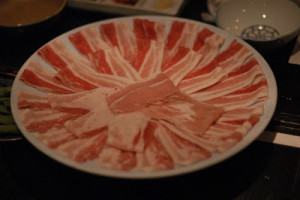The central government will ban restaurants from serving raw pork starting in mid-June, following a similar ban in 2012 on beef liver, the health ministry said Wednesday.
 Restaurants have increasingly turned to pork after the ban on raw beef liver.
Restaurants have increasingly turned to pork after the ban on raw beef liver.
The ministry said it would now require pork to be heat-sterilized to prevent food poisoning. It will also ban retailers from selling pork for raw consumption.
The Health, Labor and Welfare Ministry cited the possibility that pigs’ innards could be tainted with the hepatitis E virus, which causes liver inflammation, as the reason for the ban.
Under the new requirements, pork will have to be heated for at least 30 minutes at 63 degrees, or be heat-sterilized in other ways with a similar effect, the ministry said.
Violators will face up to two years in jail or a ¥2 million fine, it added.
The ministry will also urge consumers not to eat raw pork, saying the meat should be heated for at least a minute at 75 degrees.
The number of hepatitis E patients hit a record high of 146 in 2014 from 55 in 2011, with pork the most likely cause among foodstuffs, according to data compiled by the National Institute of Infectious Diseases.
